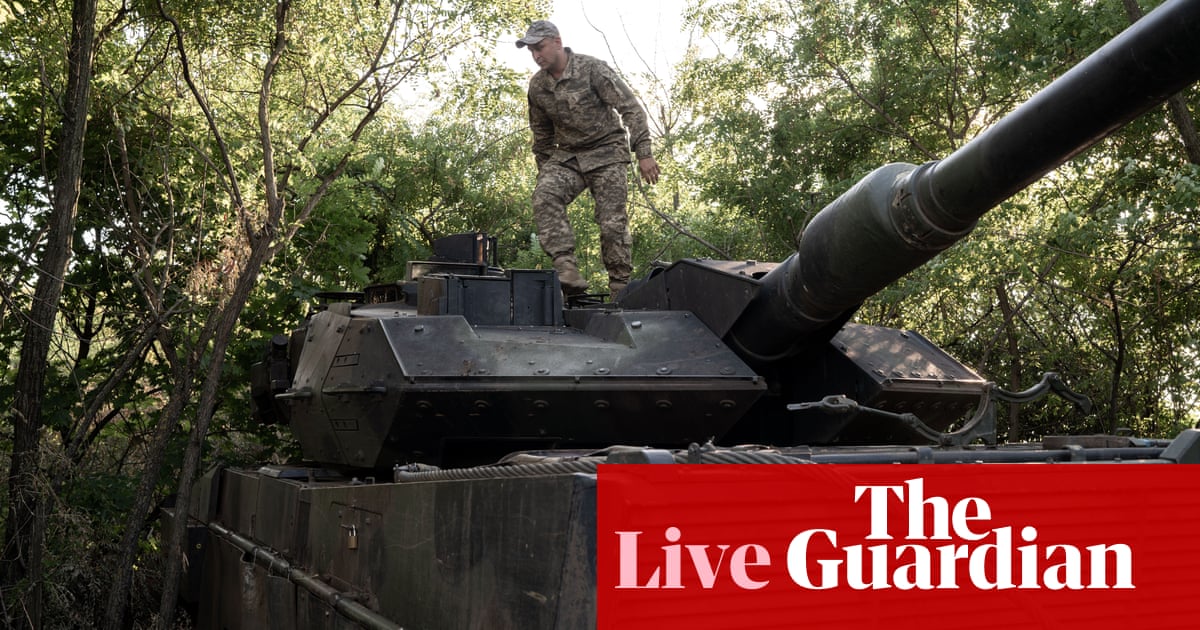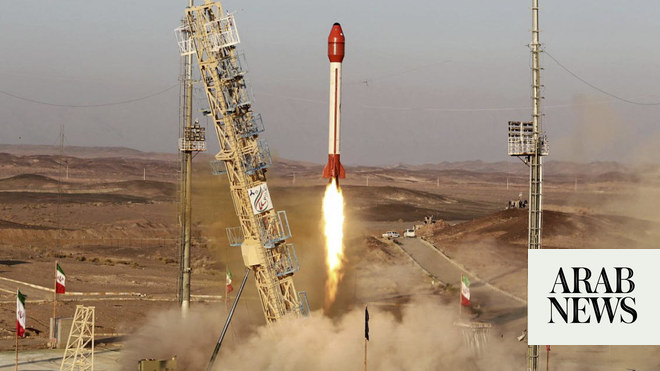
NATO Secretary General Jens Stoltenberg, right, greets US Vice President Mike Pence, after addressing a joint meeting of US Congress on April 3, 2019 in Washington. (Getty Images /AFP)
At the beginning of this month, NATO marked its 70th anniversary. As a collective security organization, its origins were in an entirely different era. It came into a world recovering from the Second World War and the worst cataclysm it had ever experienced, as it desperately endeavored to avert the even worse catastrophe of complete annihilation by nuclear war.
At a gathering of foreign ministers in Washington to celebrate the milestone, Secretary General Jens Stoltenberg summed up NATO’s achievements and its adaptability to changing conditions by asserting that: “Over seven decades, NATO has stepped up time and again to keep our people safe, and we will continue to stand together to prevent conflict and preserve peace.”
But, since all organizations are formed to face the challenges of the time of their establishment, it needs to be asked whether NATO is still as relevant as it was on April 4, 1949, when 12 countries signed the Washington Treaty that set out its aims and objectives. NATO’s first secretary general, Hastings Ismay, notably and succinctly argued that the organization’s goal was “to keep the Russians out, the Americans in and the Germans down.” By the end of the Cold War, 30 years ago this year, Germany was already a long-time full member of the organization, criticized not for its militarism but for not shouldering more of the responsibility for collective security; and Russia had lost its empire and its way in international relations. If that left NATO in search of a purpose, it now faces a full range of challenges.
Compared to the early days of NATO, the threats to its 29 current members do not originate exclusively from its enemies, but also from members who question its necessity and whether their interests are best served by being part of it. The remarkable past success of the alliance doesn’t guarantee its future, or its ability to address the threats of the 21st century, which are a mix of new and old.
For nearly half a century, NATO managed to successfully deter the Soviet Union from invading Europe and also prevent it from unsettling its members’ vital interests, as well as confronting it in other parts of the world. But, with the disintegration of the Soviet Union, the dangers, initially originating from non-state actors, forced NATO to change gear in order to respond in the field of counterterrorism, especially in the post-9/11 era.
In places such as Afghanistan and Iraq, and even in Syria and Libya, stopping religious fundamentalism became confused with regime change and preventing the proliferation of weapons of mass destruction. While the terrorist threat is far from over, Russia’s expansionism and intervention in other countries’ domestic affairs, including its attempts to influence elections and alleged assassinations of dissidents abroad, has resurfaced during Vladimir Putin’s presidency. Moscow’s expansionist adventurism in Georgia and Ukraine, especially the annexation of the Crimea, and its role in Syria have left no doubt about its intent to regain international influence both close to and far from home.
If NATO wishes to continue fulfilling its decades-long mission of defending the West and its democratic values, it will need to overcome US doubts about whether it is providing good value for money
Yossi Mekelberg
To the challenges posed to the West by Russia, we can now also add those coming from Beijing, whose claims in the South China Sea are unsettling allies of the US and Europe, and hence require them to cooperate closely, mainly through NATO, to fend off threats in this region, including those posed by North Korea.
US Vice President Mike Pence, in his address to the same celebratory gathering of foreign ministers last week, signaled the rise of China as the greatest challenge NATO will face in the coming decades. It is the nature of this challenge that the Trump administration is finding difficult to deal with, as it is less military and more about the use of advanced technology and Beijing’s immense investment in soft power, through what is known as the Belt and Road Initiative — a huge investment in international infrastructure that Washington is reluctant to match.
The threat of cyberattacks and cyberespionage means that NATO must recalibrate and refocus its strategy while recruiting different expertise than in the past. Without an adequate response to these new threats, NATO members’ economies and services might be crippled without a single bullet being fired. However, no less important is the fallout from climate change, including the increased movement of people and populations, which will require military-like cooperation and operations that, in terms of resources and expertise, no other organization has the capacity to deliver.
What might hamper NATO, which is for all intents and purposes a US-EU centered organization, are the differences in outlook and commitment among its members. Even at a celebratory occasion, Pence was extremely partisan in his approach. While the US administration has a very valid point in insisting that the Europeans play their part and increase their security expenditure, its reprimanding of Germany for not devoting 2 percent of its gross domestic product to security is likely to create antagonism.
Washington’s concerns regarding the weakening of NATO’s southern flank as a result of the erratic behavior of Turkish Prime Minister Recep Tayyip Erdogan, which are shared by other members of the alliance, are not without merit. Erdogan’s flirting with Putin, his former nemesis, includes Turkey’s purchase of a $2.5 billion S-400 anti-aircraft missile system from Moscow, which the US perceives as posing a great danger to NATO and to the strength of the alliance, and is also a source of grave concern at NATO headquarters in Brussels. It is not surprising that Pence aired the administration’s frustration by threatening punitive measures against Ankara, including expulsion from the joint F-35 program, which “will harm not just Turkey’s defense capacity, but it may cripple many of the Turkish component manufacturers that supply that program.”
If NATO wishes to continue fulfilling its decades-long mission of defending the West and its democratic values, it will need to overcome US doubts about whether it is providing good value for money. European nations must also accept that ensuring their long-term security in an increasingly complex world requires them to spend more on their defense at the frontline of the organization’s operations. However, this can only be achieved through respectful dialogue and internalizing the importance of the alliance — it cannot be simply imposed by Washington.
• Yossi Mekelberg is professor of international relations at Regent’s University London, where he is head of the International Relations and Social Sciences Program. He is also an associate fellow of the MENA Program at Chatham House. He is a regular contributor to the international written and electronic media. Twitter: @YMekelberg
Disclaimer: Views expressed by writers in this section are their own and do not necessarily reflect Arab News" point-of-view












